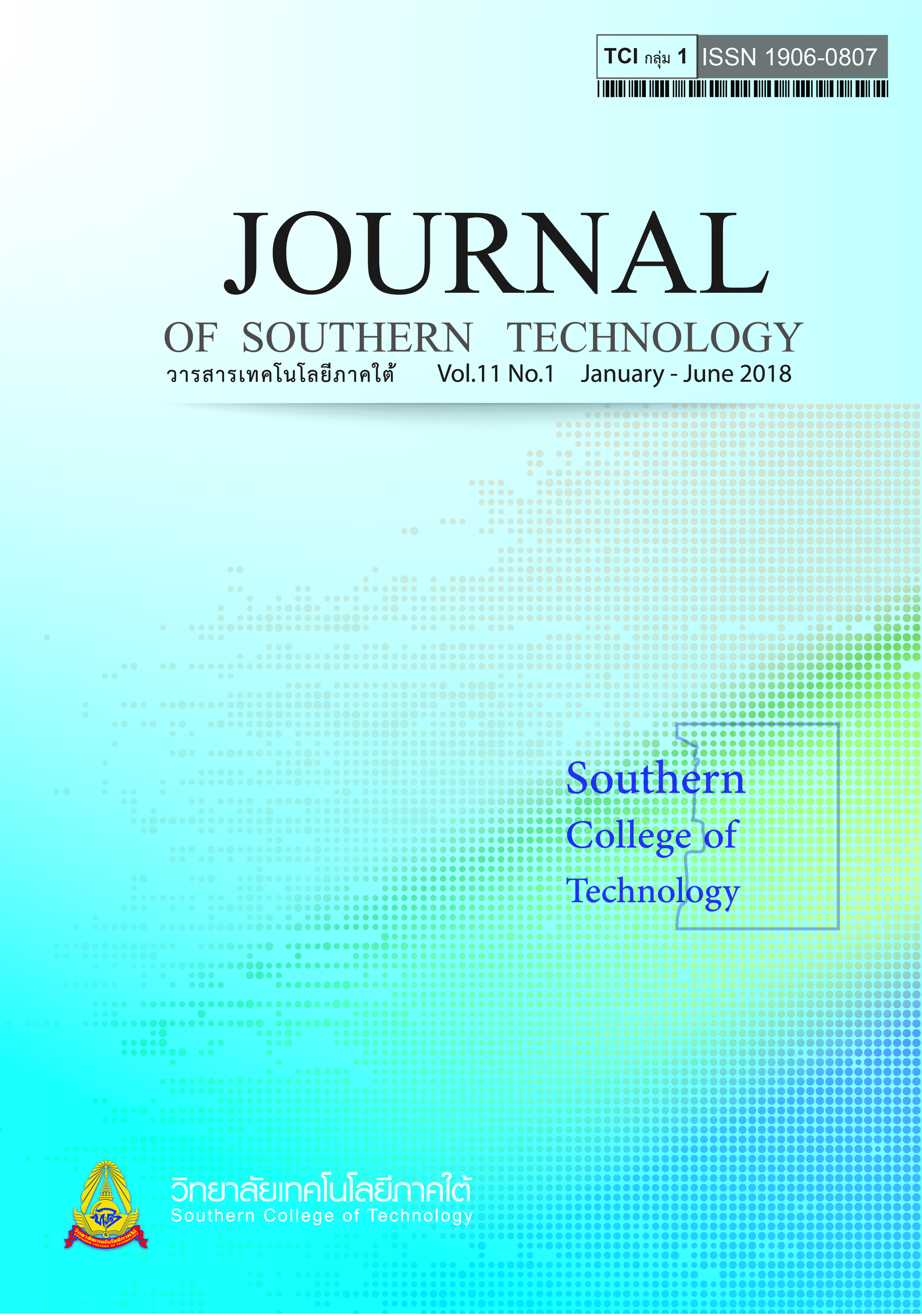Eclectic Learning Management Model that Promotes Good Democratic Citizenship
Main Article Content
Abstract
The objectives of this study were to (1) explore problems related to learning management that promotes good democratic citizenship of secondary school students, (2) improve eclectic learning management model that promotes democracy among secondary school students, and (3) evaluate the effectiveness of implementing eclectic learning management model that promotes democracy among secondary school students. The samples were 50 secondary school Social Studies teachers in Secondary Education Office Area 12. An experimental group of 35 class 4/2 students and a control group of 35 class 4/1 students from Tha Sala Prasit Suksa School were selected using purposive sampling. The research instruments consisted of a questionnaire focusing learning management problems as well as a three-stage research lesson plan: 1) A study of problems related to learning management that promotes good democratic citizenship among secondary school students, 2) Improving eclectic learning management model that promotes good democratic citizenship among secondary school students, and 3) Evaluating the effectiveness of implementing eclectic learning management model that promotes good democratic citizenship among secondary school students. Statistical data analysis comprised percentages, mean, standard deviation, index of item-objective congruence (IOC), difficulty index, discrimination index, and effectiveness index: E1/E2.
The findings showed that: (1) in aspect of problems related to learning management that promotes good democratic citizenship, students had a good attitude toward being a knowledgeable citizen but they have lacked sense of good democratic citizenship in terms of measurement and evaluation that truly suits the key indicators and learning objectives; (2) the result, according to IOC, from an improvement of eclectic learning management that promotes good democratic citizenship of secondary school students including a pre-test, a set of hourly learning activities; Hour 1 (face to face and online) teaching for the topic: “Definition and Characteristics of a Good Citizen”; Hour 2 (role-play and drama); Hour 3 (project, worksheets, learning log, and post-test) was found to be equal to .63. The effectiveness of the implemented eclectic learning management model was 81.5/88.77, which met the 80/80 criteria. The difficulty index mean of the Unit 3 test was equal to .55. The discrimination index mean was equal to .24, which also met the 80/80 criteria indicating that the Unit 3 test (Good Democratic Citizenship) was suitable for implementing. (3) The results from evaluating eclectic learning management model that promotes good democratic citizenship among secondary school students indicated that the students scored higher on the post-test at 7.28 and their learning achievement for Unit 3 was equal to 26.22, which matched the set criteria. In addition, the evaluation result on being a good democratic citizen in terms of respect for individuals was at the highest level ( =4.71). Solidarity aspect was at the highest level (
=4.66). Wisdom aspect was at the highest level (
=4.67). Class 4/1 students’ skill of being a good democratic citizen was at the highest level (
=4.68).
Article Details
-
Authors must agree to the journal publication rules and allow the editors to edit the manuscripts for publication.
-
Author’s right belongs to the author but Journal of Southern Technology holds the right of first publication and thus allow readers to use the article for the purpose of education but not commercial.
References
Ministry of Education,The Basic Education Core Curriculum A.D. (2008). Bangkok,The Agricultural Co-operative Federation of Thailand Printing House. [in Thai]
Prasansoy, W. (2004). Computer-Assisted Lesson: An Educational Innovation. 2thed. Bangkok: Med Sai Printing. [in Thai]
Rethjaruen, P. (2001). Educational Measurement and Evaluation. 2thed. Bangkok: n.p. [in Thai]
Romru, I. (2010). The Development of Blended Learning. To Enhance the Pursuit of self-Bangkok: King Mongkut's University of Technology. [in Thai]
Taveerat, P. (2000). Research Methods in Behavioral Science and Social Sciences. Bangkok: Srinakharinwirot University. [in Thai]
Techatanon, S. (2008). Comparison of Learning Results in the Social Studies, Religion and Culture Learning Substance Group Entitled ‘Thailand Geography’ of Mathayom Suksa 1 Students Through the 4 MAT Learning Activity Arrangement Versus Through the Thinking Diagram. M.Ed. Thesis, Mahasarakham University. [in Thai]
Wongwanit, S. (2002). Tips for Classroom Research Writing. Bangkok: Aksorn Thai Printing. [in Thai]

